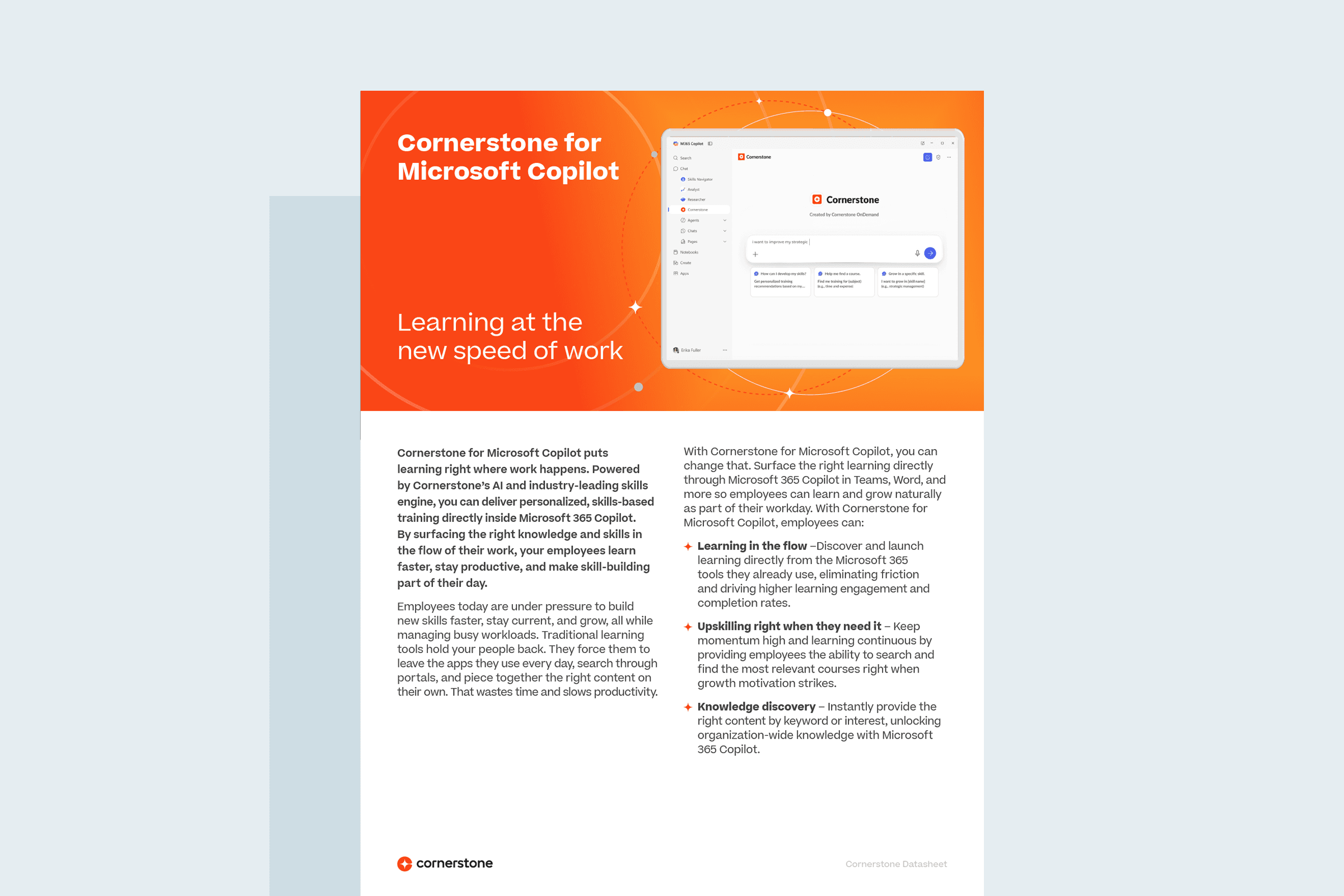Hospitals and care centers are always looking for well-qualified, highly-skilled practitioners. And as an RN, I was always being asked to learn something new. Typically, one of my more senior peers would orient me on the new task. And I can easily say that the times I experienced the most growth in my career was when I received some kind of coaching. Over 70% of coaching recipients saw an increase in work performance, relationships, and communication skills, and 80% reported having more self-confidence.1 So it’s no wonder that coaching in healthcare is so important. So why don’t more hospitals do it?
Quality patient care depends on a well-trained, passionate, committed staff, which in turn is fostered by supportive, skilled leadership. Yet healthcare organizations are facing radical changes in everything from policy to technology, a loss of key leaders and clinicians due to the Baby Boomer exodus, and an increasingly dissatisfied—and overworked—labor force. Not to mention increased competition and the need to run ever-leaner while still providing the same level of care, despite an increased patient load. Nurturing engaged, curious employees and creating skilled, committed leaders are key to surviving and thriving amid all these challenges.
So what is coaching?
Coaching is an umbrella term for the process of developing people’s skills and abilities, boosting their performance, and dealing with issues and challenges before they become major problems.2 But coaching can be broken out into three different categories:
- Executive coaching: Designed for top tier team members to improve their performance and leadership capabilities.
- Leadership and capacity building coaching: Aimed at helping managers—from those involved in patient care to administration to operations—become better leaders to prepare them for more high-level responsibilities.
- Performance coaching: Implemented to help recipients improve performance in their current roles, build strengths, or correct weaknesses.
Must-Have Coaching Skill Sets
In addition to the above, coaches should be able to offer intangible skills that enable staff to achieve a higher level of success. Whether a coach is "coaching your coaches," or if a manager is coaching a more junior colleague, they should be able to: 3
Listen actively: Employees need to know that when discussing career aspirations and challenges, their coach is as invested in their success as they are. By being an active listener, the coach will be able to fully internalize and understand team members’ goals and offer meaningful solutions for impactful growth. Part of listening actively is not checking e-mails, not looking at a cell phone, or doing anything else that distracts from the one-on-one element.
Reinforce positive behaviors: A quality coach should reward their clients when they’ve made the right move or decision, rather than punish them for the wrong one. By rewarding correct choices, the staff member will display better performance-related behaviors as an instinct, rather than as something they have to think about doing before acting.
Ask open-ended questions: Asking "yes/no" questions, or ones that similarly offer a limited number of responses, are risky because respondents have to choose best-fit answers that may not paint the whole picture. Instead, a good coach will use open-ended question, such as "How do you feel when..." or "What do you think is..." This enables the staff member to provide detailed, candid answers, rather than be pigeon-holed into responses that may not present the most accurate information.
More on Coaching
There are many different types of coaches, strategies for teaching and best practices on timing. For a more in-depth look on coaching, you can download our Coaching Playbook for free, here.
####
1 No author. "The Benefits of Coaching." Outstand.org. Date published: March 28, 2013. Date accessed: March 30, 2015. http://www.outstand.org/index.php/2013/03/the-benefits-of-coaching/
2 No author. "What is Coaching?" MindTools. No date published. Date accessed: March 27, 2015. http://www.mindtools.com/pages/article/newTMM_15.htm
3 No author. "Business Results Through Coaching."Bersin by Deloitte. No date published. Date accessed: March 26, 2015. http://www.bersin.com/News/Details.aspx?id=15040.


